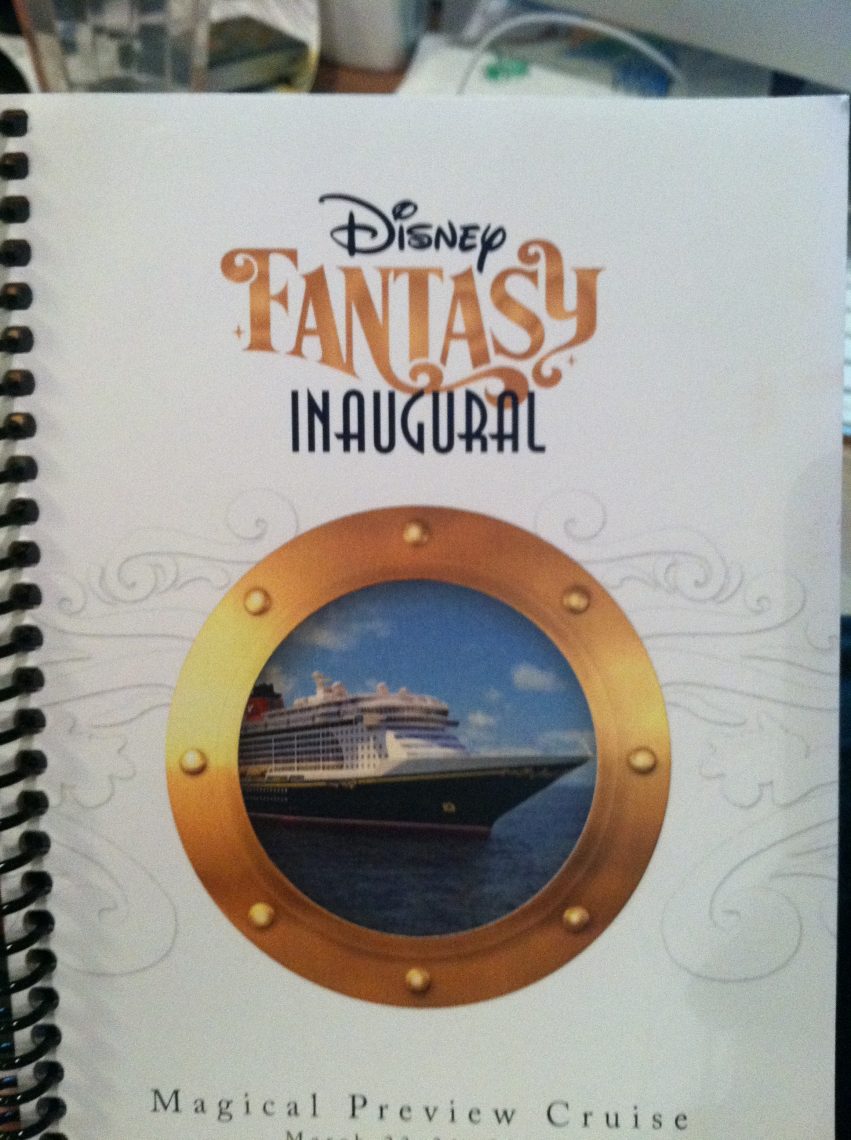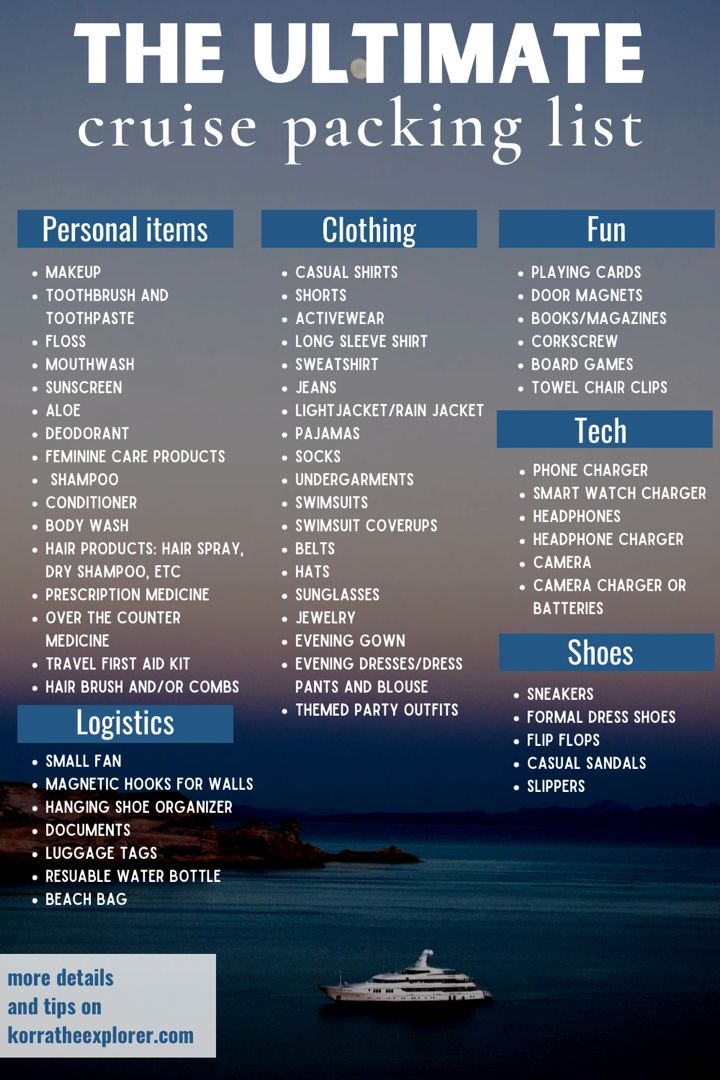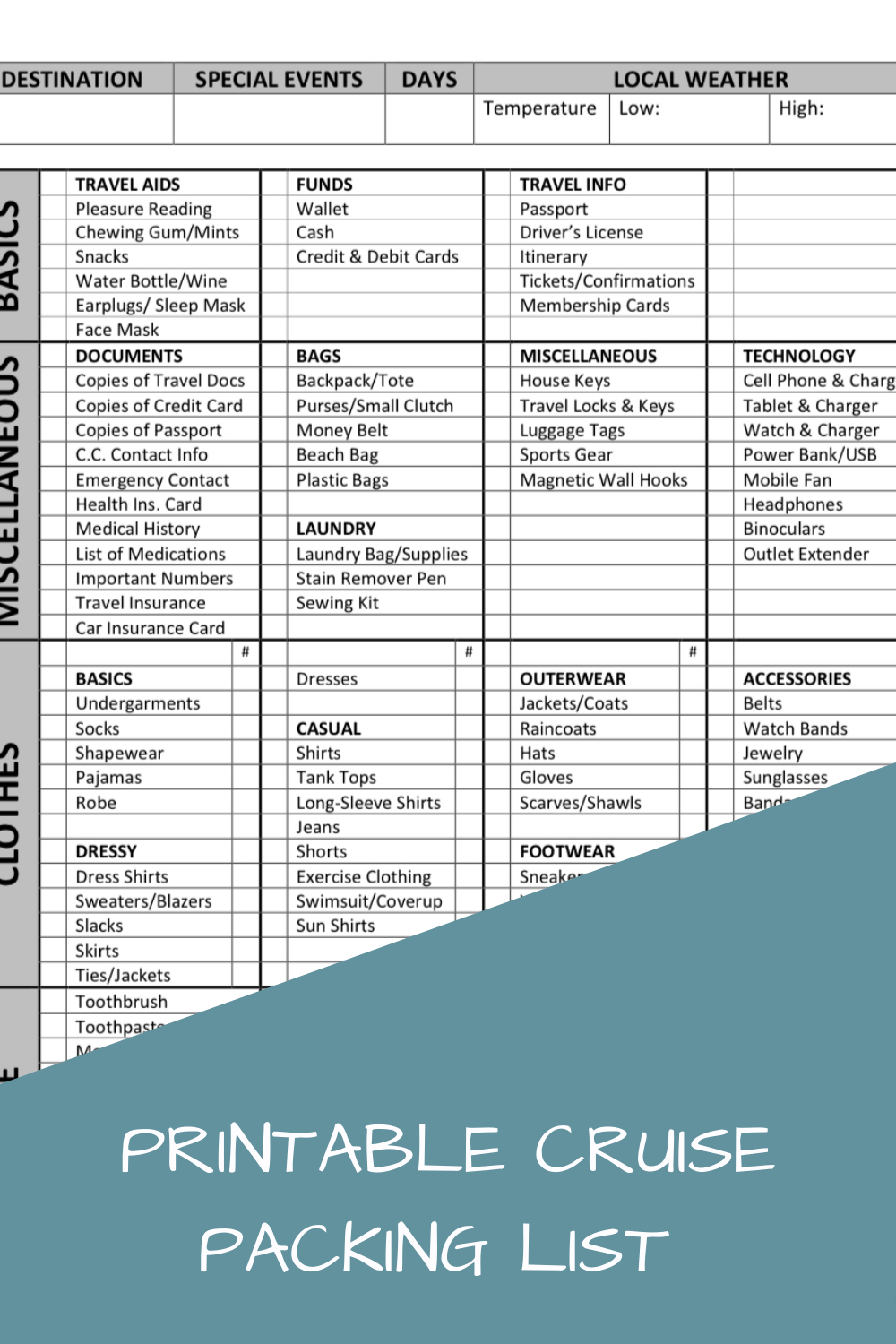7 Essential Documents for Starting a Cruise Line

Navigating the complex waters of starting a cruise line requires more than just a passion for the sea or the thrill of exploring new horizons. To embark on this ambitious journey, understanding and obtaining a series of essential documents is crucial. These documents not only ensure compliance with various regulations but also pave the way for a smooth operation and investor confidence. Here, we'll delve into the seven most critical documents you'll need when setting up a cruise line, each playing a pivotal role in transforming your maritime dream into reality.
Certificate of Incorporation

Before you can even think about setting sail, your cruise line business must be legally recognized. The Certificate of Incorporation is the foundational document for this. Here’s what it entails:
- Filing Articles of Incorporation with the appropriate state agency.
- Providing basic company information such as the business name, address, and purpose.
- Listing the incorporators or initial shareholders.
- Obtaining approval, which then grants legal recognition to your business.
Business License

Every business, including cruise lines, needs a license to operate legally within a jurisdiction. Here’s what this involves:
- Identifying the correct authority to issue the business license (often the Department of Commerce or similar).
- Completing an application form with detailed company information.
- Paying any necessary fees.
- Providing proof of compliance with zoning laws or other regulations where the business will be based.
Maritime Insurance

The high seas come with high risks, and insurance is non-negotiable. Here’s what to consider:
- Hull and Machinery Insurance to cover the ship itself.
- Protection and Indemnity (P&I) Insurance for liability towards third parties, passengers, or crew members.
- Passenger Liability Insurance to cover claims from passengers.
- Ensuring coverage for environmental damage, loss of life, and other maritime-specific risks.
Flag State Certification

The flag under which your ship sails is not just symbolic; it carries legal obligations:
- Registering the ship with a flag state.
- Adhering to the flag state’s maritime laws, safety standards, and regulations.
- Obtaining safety management certification under the International Safety Management (ISM) Code.
International Ship Security Certificate

Security is paramount in the cruise industry:
- Implementing an approved Ship Security Plan in accordance with the International Ship and Port Facility Security Code (ISPS Code).
- Obtaining the International Ship Security Certificate from the flag state or a recognized organization.
Passenger Ship Safety Certificate

This certificate is essential for ensuring passenger safety:
- Meeting the standards set by the International Convention for the Safety of Life at Sea (SOLAS).
- Conducting and passing comprehensive safety inspections.
Environmental Permits and Compliance Documents

The environmental impact of cruise ships is under scrutiny:
- Obtaining permits for ballast water management.
- Ensuring compliance with MARPOL (International Convention for the Prevention of Pollution from Ships).
- Addressing air and water quality regulations.
⚠️ Note: Obtaining these documents can be time-consuming and requires coordination with various authorities. Plan for this in your project timeline.
Embarking on a cruise line venture involves a meticulous process of document acquisition, each playing an integral part in ensuring your business operates within legal, safety, and environmental frameworks. From incorporation to compliance with international maritime laws, these documents safeguard your business, your passengers, and the environment. It’s not just about the journey; it’s about the preparedness and legal compliance that make the journey possible.
What is a Certificate of Incorporation?

+
The Certificate of Incorporation is a legal document that signifies the establishment of your cruise line business as a corporation under the state laws where it’s registered. This document details the company’s structure, purpose, and basic details like the name and address.
Why is Maritime Insurance important?

+
Maritime insurance is critical for covering potential liabilities and losses in the unpredictable environment of the sea. This includes covering damage to the ship, liability for passengers and crew, environmental damages, and other maritime-specific risks.
How do flag states affect a cruise line?

+
The flag state under which your cruise ship is registered dictates the maritime laws, safety standards, and environmental regulations your vessel must adhere to. It also affects taxes, crew employment laws, and international relations.